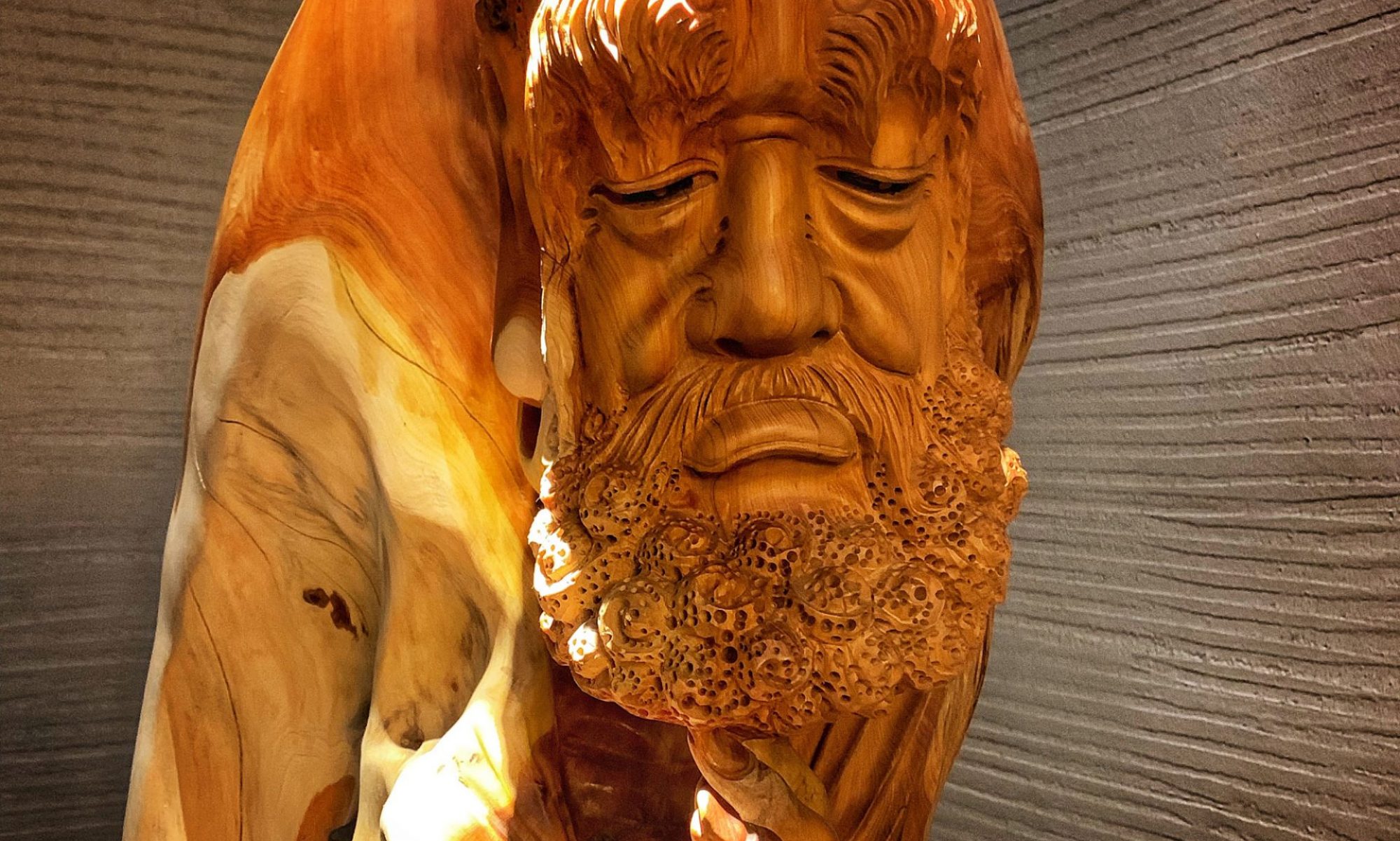It has probably been about three weeks that I have observed the car washer not doing the job that I have paid him to do. Instead of the regular three times a week, his washing made it to only twice a week. I took notice of this fact and also acknowledge that a certain uneasiness has crept into the mind. As I was walking along the road passing by my car this morning, I saw another car with the windscreen wiper up indicating that it has been cleaned, but not mine. Most of the cars in my area are cleaned by a group of washers at the same time and thus the mind immediately conjured the idea that he is not doing his job on my car again.
I took the opportunity to seek him out to convey the message of what happened, mindful beforehand that whatever emotions that were to come out from it is something I have to deal with instead of making him wrong. Somehow after seeing him, the feeling was uneasy and upset. As I brought awareness to that feeling, reminding myself that it is not directly connected to the story of the scene, I came to get a glimpse that it is because of the meaning of wrong I have put into the event that the experience of upset came to be – the fact of what happened is one, interpreting it as to judge him wrong is another. It was indeed a revelation as I was able to bring scrutiny to the pattern of the mind instead of the past where I would hold him sentence for a period of time.
But more intriguingly is what follows after that tiny realization. As I was lying down on the yoga mat exercising in the comfort of my own room, reflecting on what I have realized, I came to a deeper understanding that what sparks of the whole scene of event is the deep-rooted idea of right and wrong. And it came from the view that “I paid him to do the job” instead of “I appreciate him for the job he is doing”. One came from demand, the other from love – one is to him, the other for him. Hence, if I was also to turnaround the meaning towards myself, the similar effect would take its equation, –
- Cause (A): He is paid to do the job
- Effect (A): He is doing it to me again (not washing my car)
- Cause (B): The job he is doing is for me to appreciate him
- Effect (B): What he is (not) doing is for me to understand him (as to bring compassion to it)
Both have different connotation of ideas and each carries opposing effects of feelings. It is insane to expect Cause A to have Effect B as that is not how nature works. Hence if I was to have the idea of Cause A, I am to expect Effect A as it’s consequent, thus the misery. Not that one is better than the other, just that both are opposing realities – one is against reality, the other is in support of reality.
I can realize this mentality only if I give notice to what is occuring in my mind. One frequent observation I take notice of late is the expression of “thank you”. I notice that wherever I am appreciating what others are doing, there is a loving verbalized expression of thank you in comparison to “it is your right to do the job and thus no expression is required”. Expression of thanks is simply an innate appreciation brought into exclamation, of gratefulness brought into expression – thus “thank you” is not for anyone “out there” though it may seems to be, not because we wanted to please another, nor is it because of guilt.
It also dawn upon me that if I do not take notice of the meaning of wrongness occuring in the mind, I would not have any other choice except to feel upset. Similarly when upset is in my experience, I can’t help but to link wrongness to upset, thus perpetuation that feeling further. Amazing isn’t it? What we are constantly doing unto ourselves!
Thus it has been said that there is only me, the world is merely my own reflection. My belief is my attitude and I am fully responsible for it. I can choose to recreate what I am experiencing, only if I realize that my past is conditioned, and I am choosing again from love, not because of past; not because I see what is past is bad and wanting to rectify it to make it good again. Spirituality is to go beyond good and bad and to see Truth out of both.
